2018 marks 900 years since Archbishop of Canterbury Becket’s birth
By Joanne Sloan
Thomas Becket (1118–1170) was Archbishop of Canterbury from 1162 until his martyrdom in 1170.
He was born to Gilbert and Matilda Becket in London on Dec. 21, 1118. His father was a merchant. Becket was greatly influenced by his devout mother.
At the age of 10, Becket studied at the Augustinian Merton Priory and then at a London grammar school.
He spent a year in Paris attending school. When his father had financial problems, Becket quit school and earned a living as a city clerk and accountant for three years.
Introduced by his father to Theobald, Archbishop of Canterbury, Becket became Theobald’s agent and a member of his household. The archbishop sent him to school to study civil and canon law. He represented the archbishop on several missions to Rome.
In 1154, Theobald appointed Becket archdeacon of Canterbury. At the age of 36, King Henry II made him chancellor of England. Henry trusted him and they became close friends. He helped the king gather all power into the hands of the monarchy — even when the policy was against the church.
Archbishop Theobald died in 1161. Henry II recommended Becket to replace Theobald. On June 3, 1162, Becket was consecrated as Archbishop of Canterbury.
He immediately transformed his life. From a pleasure-loving chancellor, he became a devout archbishop.
Troubles with the king
His troubles began with the king in 1163. Becket opposed a tax proposal and also excommunicated an influential baron for killing a priest. Henry objected to these decisions.
A crisis came at Clarendon in January 1164 when Henry demanded an approval to all traditional royal rights, known as the Constitutions of Clarendon. The royal rights included punishing criminal clerks, forbidding the excommunication of royal officials and influencing bishop elections. Becket verbally accepted the Constitutions of Clarendon but then changed his mind and revoked his assent.
Good relations ended between Becket and Henry. The archbishop was summoned to a trial at the Council of Northampton in October 1164. The king intended to force his resignation or imprison him, but Becket fled and took refuge with Louis VII of France.
His exile lasted six years. He was joined by members of his household and lived at two different abbeys. Becket and Henry met to reconcile in 1169 but parted in anger.
In 1170 the Archbishop of York crowned Henry’s eldest son as co-king.
It was the custom for the Archbishop of Canterbury to always crown the king. Becket and Pope Alexander III excommunicated all responsible for crowning the new king. Becket and Henry met again and agreed that Becket should return to England.
Although he believed his return would mean his death, Becket left France. Enthusiastic crowds greeted him in Canterbury.
His death
When he refused to cancel the penalties he had placed upon bishops favored by Henry, the king cried out, “Will no one rid me of this troublesome priest?”
Four knights, taking his words as his wish, murdered Becket in his cathedral Dec. 29, 1170.
Becket’s last words were — “Willingly I die for the name of Jesus and in the defense of the Church.”
He was buried in Canterbury Cathedral, which became a shrine for numerous pilgrims throughout Europe who venerated Becket as a martyr.
_____________________________________________________________
EDITOR’S NOTE — Joanne Sloan, a member of First Baptist Church, Tuscaloosa, has been a published writer of articles and books for 30 years. She has a bachelor’s degree double majoring in history and English from East Texas State University (now Texas A&M University–Commerce) and a master’s degree specializing in English from the University of Arkansas (1978).

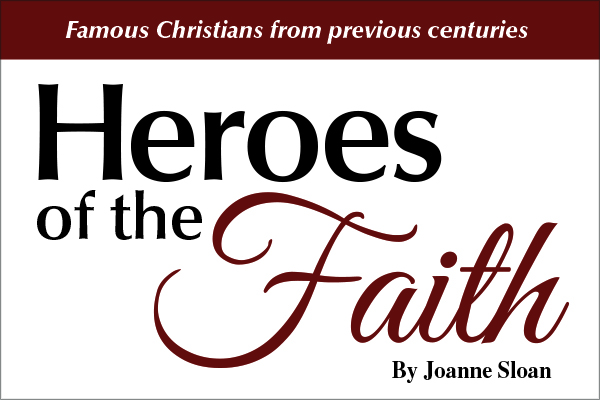
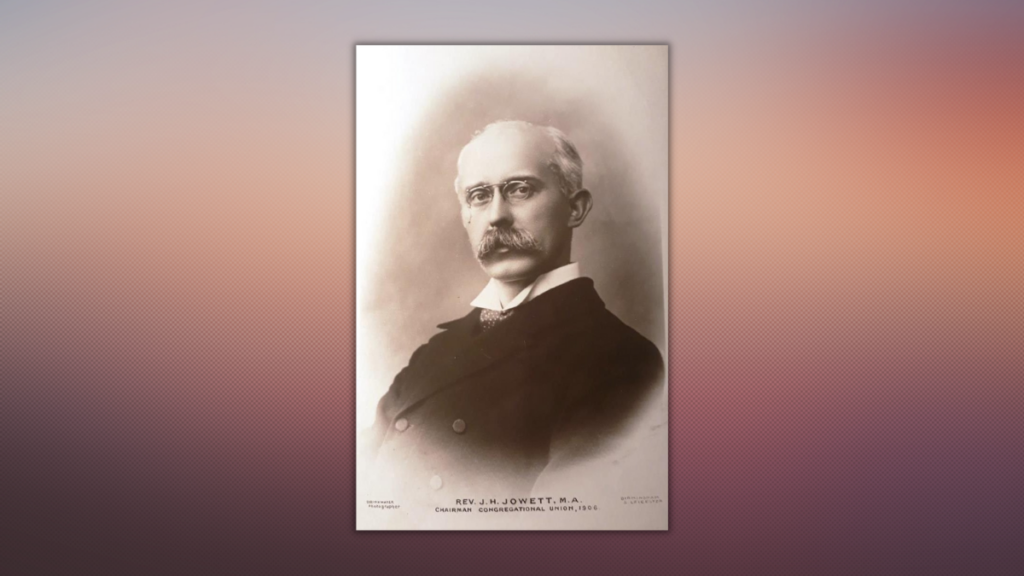
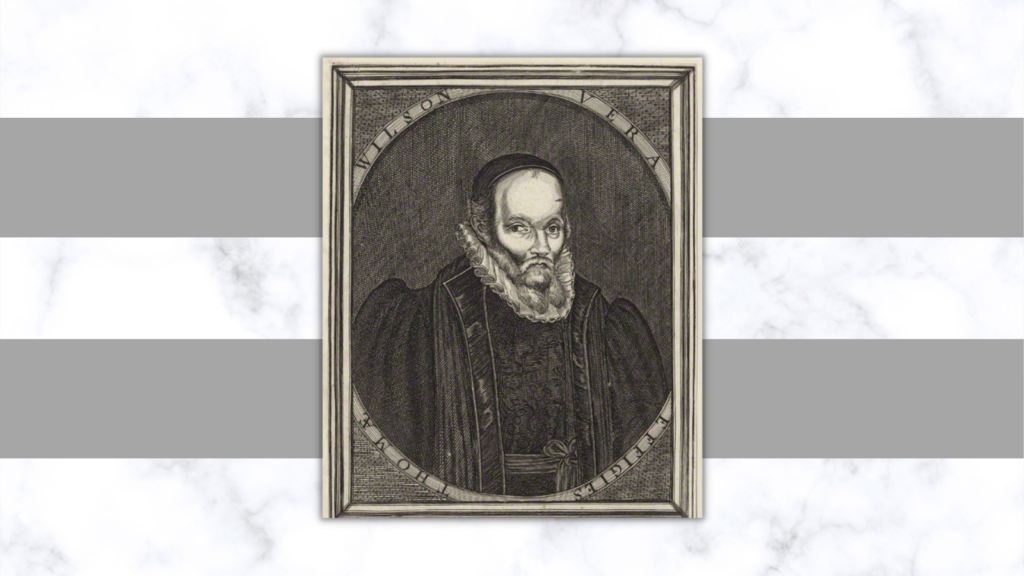
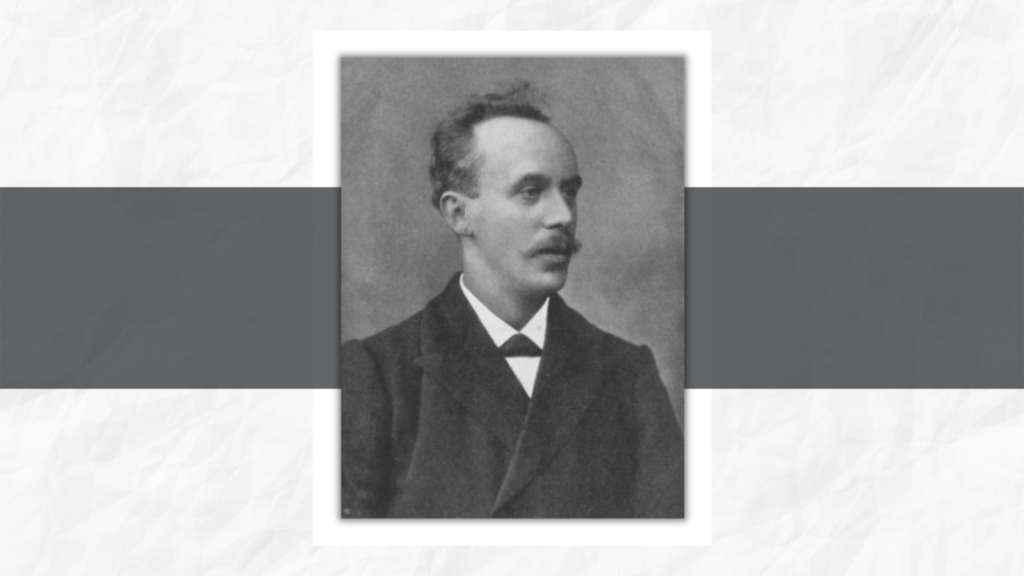
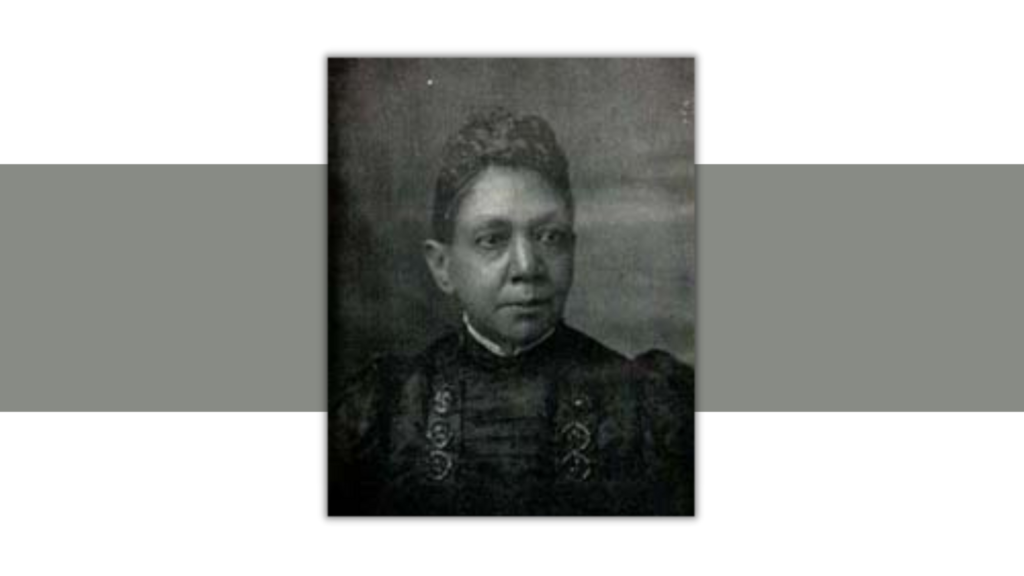
Share with others: